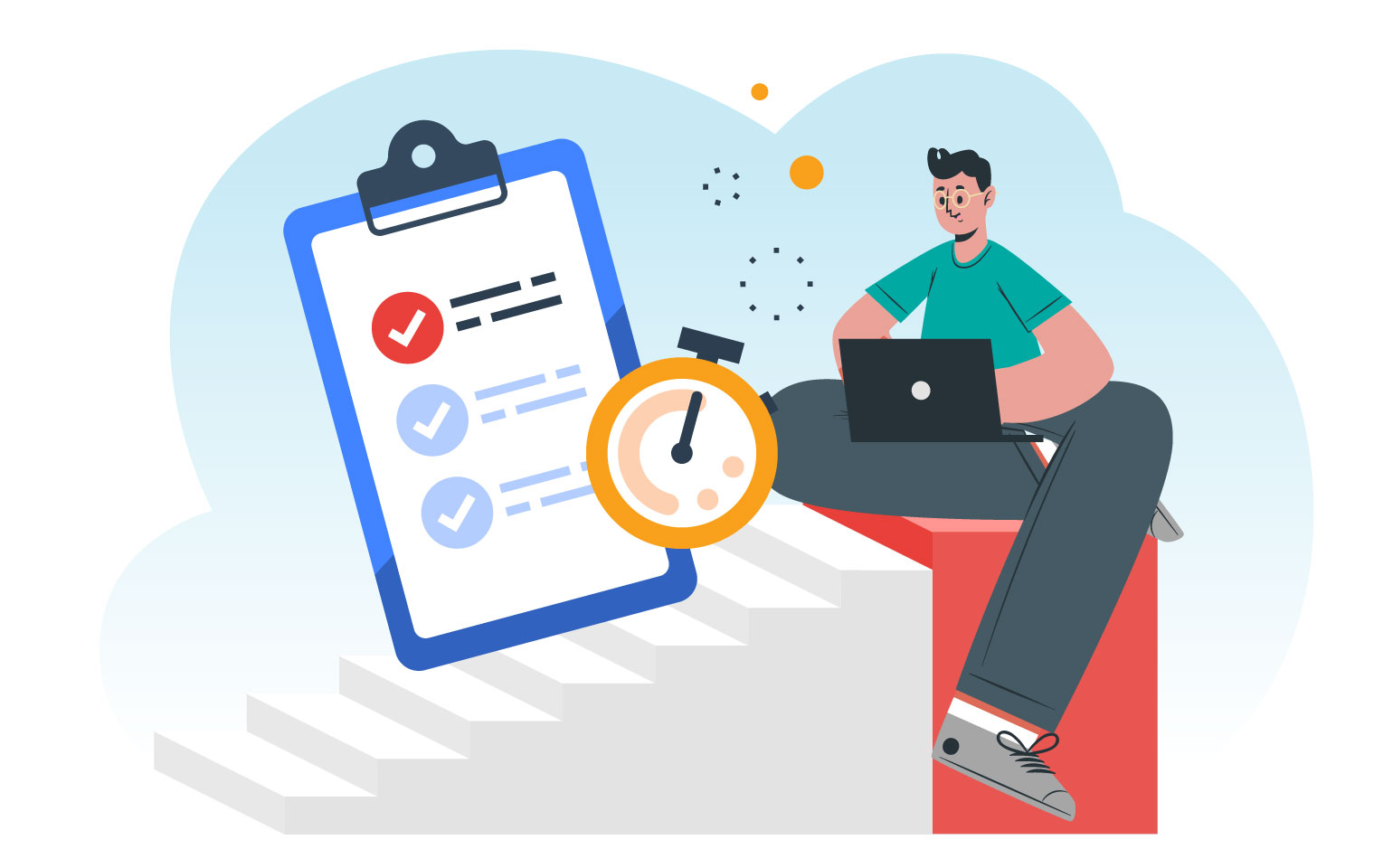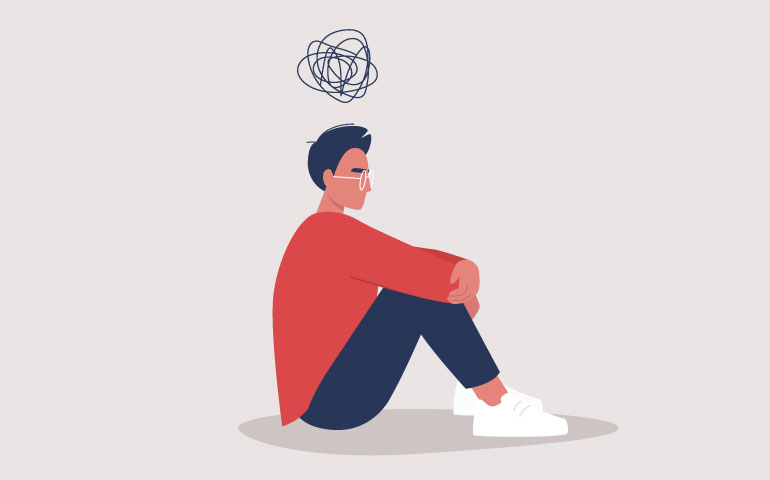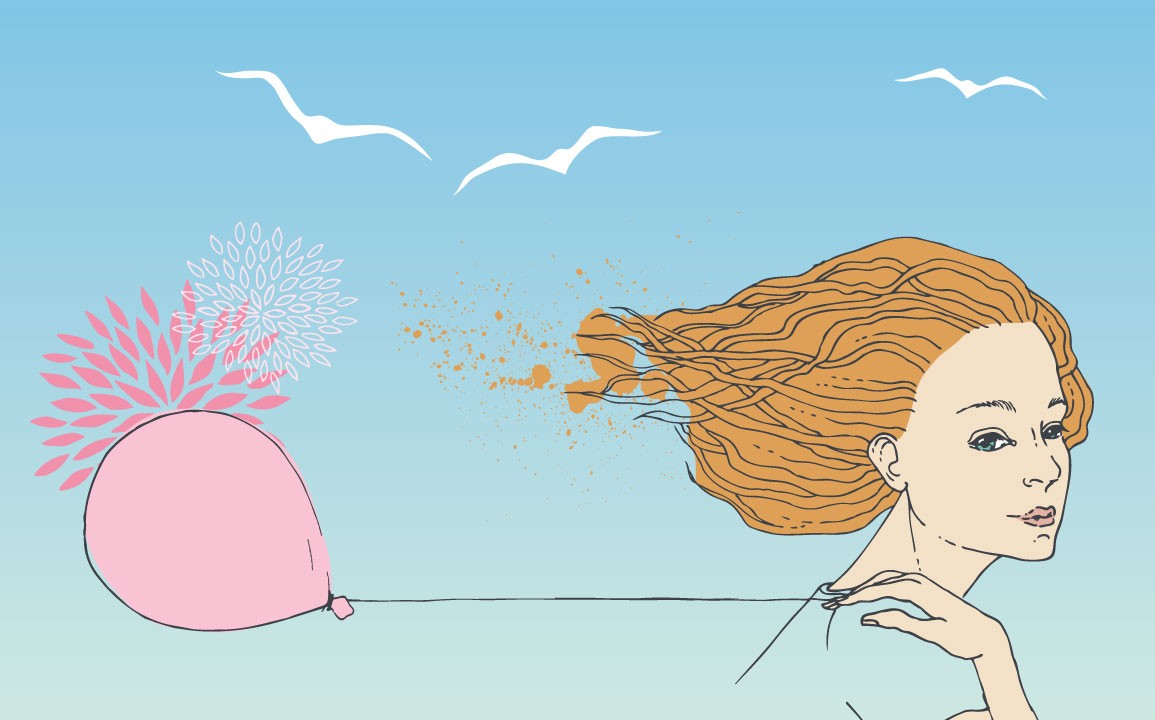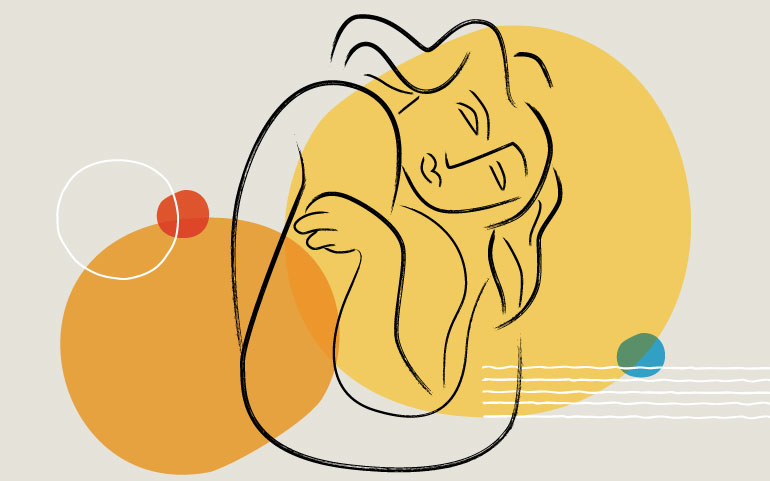
The Importance of Habits and How I Changed Them
Habits are routines that you repeatedly do and require little to no thought. Your brain relies on habits to save time and energy. They are indeed beneficial, but they can also have negative impacts. Understanding how habits work is essential in changing them. A single action creates one change, but a habit causes long-term changes. Modifying your habits can be challenging, but I’ve learned some tips that have helped me achieve my goals.
One habit that I have struggled to change was spending too much time on YouTube. I would sometimes spend hours watching videos, which left less time for more meaningful activities. After watching dozens of videos, I’d feel guilty and regretful—only to repeat the entire process again. Something that I found helpful was not relying on self-control to stop myself. I tried hiding the YouTube app on my device, so it took more thought to open it. Every small change counts and will add up to gradually change a habit. When I had stopped watching YouTube as much, I felt more motivated when doing work and spent my time doing more enjoyable things.
Habits work in a pattern: cue, routine, reward. The cue is the trigger that induces the habit, which can be at a certain time every day or whenever a specific event occurs. The routine is the actual action that you do. The reward is the outcome of the routine, which is usually somewhat positive, even if the habit causes negative side effects.
In my personal example, the cue was when I was too lazy to do other activities, the routine was opening YouTube and watching that first video, and the reward is entertainment and temporary fulfillment. Finding the main cause of a habit is the first step to breaking it. It can be easier and better to replace a habit rather than break it, if you know the cause, you can change the action that creates a similar reward.
As crucial as breaking or replacing bad habits are, creating new habits is just as important. Constructing a new habit requires consistency and starting small will make it easier to maintain. Keeping reminders or alarms was very valuable for making me stay persistent. This year, when I entered high school, I made a goal to complete my homework each day, right after school. I told myself to just work for five minutes. Most of the time, I would continue working since I was already set up. The cue, routine, reward pattern can also be used to form new habits. For me, the cue would be every day after school, the routine would be to start my homework, and the reward is simply the fact that I didn’t have to think about doing it anymore. The environment you’re in also plays a role in your habits. Last year during online school, I typically did my homework in bed, which led to many distractions and low focus. I found moving to a different location greatly increased my productivity and helped me build good work habits. When you are changing a habit, you must commit to it, don’t give up and stay positive about it!



